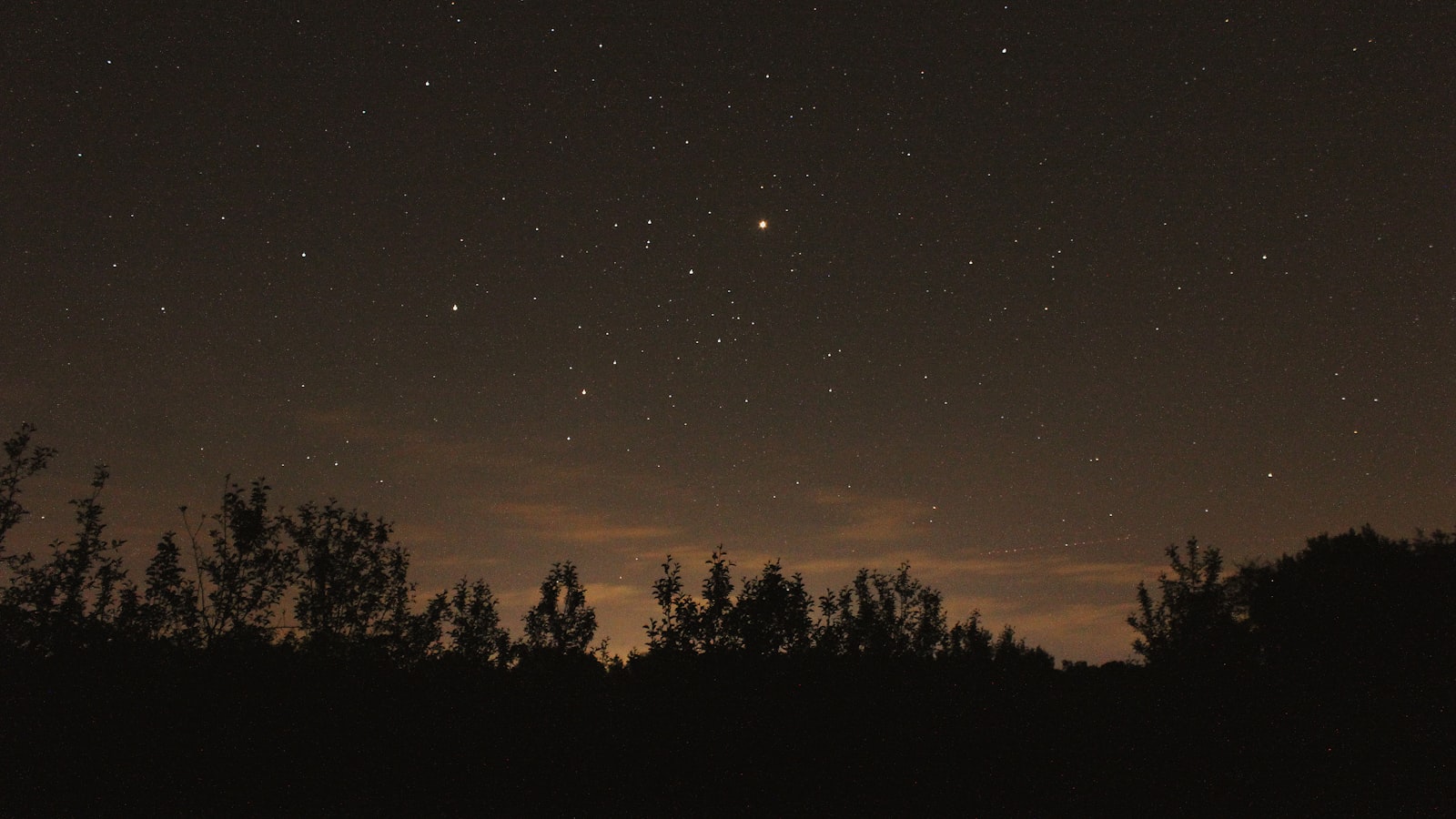"In the shadow of the moon, science and wonder converge"—the words of an astronomer that perfectly encapsulate the ethereal phenomenon of solar eclipses. These celestial events have captivated humankind for millennia, yet they still hold an air of mystique wrapped in a shroud of scientific curiosity.
Reading about eclipses in popular science books is not just an exploration of cosmic ballet; it's a gateway to learning about our universe, our place within it, and how we've come to understand the vast expanse above us. This blog is your companion through a curated collection of literature that reveals the secrets of solar and lunar eclipses, the impact they've had on our history, and the science that explains their occurrence.
Discovering Eclipses Through Literature: A Journey Through Time and Space 🌌

Let's embark on an interstellar literary journey through some of the most enlightening and engaging popular science books that explore the majesty of eclipses.
The Cosmos Inside the Eclipse: Insights from the Greats
One can hardly talk about celestial phenomena without tipping their hat to the likes of Carl Sagan and his timeless work, "Cosmos." Sagan has the incredible talent of bridging the gap between the layman and the complexities of the universe.
Neil deGrasse Tyson, with his book "Astrophysics for People in a Hurry," offers a digestible yet profound engagement with celestial events, including eclipses. His wit intertwines with the vast expanse of knowledge, creating a masterful narrative that hooks the reader.

Shadow and Light: The Science of Eclipses
In "Sun Moon Earth" by Tyler Nordgren, the author takes you on a historical and scientific adventure, tracing how eclipses have inspired mythology, altered history, and pushed the boundaries of what we know about the universe. Nordgren's storytelling ability makes it impossible not to be enamored with the dance between these celestial bodies.
"Totality: The Great American Eclipses of 2017 and 2024" by Mark Littmann and Fred Espenak is another gem. It not only catalogues the sensational events but also gives a how-to guide for safe eclipse viewing—valuable for both novice stargazers and seasoned astronomers.
Eclipse Timers: The Modern Oracle of Celestial Events
If you’re hankering to experience the ineffable beauty of an eclipse firsthand, a tool like eclipse-timer.com becomes indispensable. Knowing the precise timing of the next solar or lunar phenomenon can make all the difference in ensuring you don't miss a moment of these awe-inspiring occurrences.
What Lies Beyond the Shadow: Unveiling the Dark
While the books mentioned provide rich narrative experiences, they also shed light on scientific principles that define eclipses. As we journey through their pages, we often encounter humbling reminders of our smallness in the grand cosmic scale, aligned with the massive spherical bodies that dictate these events.
Eclipse Chasing: Why People Travel the World for Totality
Very few experiences in life can match the primal awe and communal rapture felt during totality in a solar eclipse. It's a pursuit that unites people across continents, often referred to as 'eclipse chasing.'
Fascinating Facts: Did You Know?
- During a total solar eclipse, the temperature can drop by 20 degrees Fahrenheit.
- Ancient Greek historian Herodotus wrote that a solar eclipse during the war between the Medes and the Lydians ended the conflict as it was seen as an omen.
- The longest possible duration for a total solar eclipse is 7 minutes and 32 seconds.

Practical Tips for Your Eclipse Experience
When you are planning to witness any kind of eclipse, remember the following:
- Always protect your eyes with ISO-certified eclipse glasses.
- If photographing, use special solar filters for your cameras.
- Pinhole projectors are a safe and simple way to project an image of the sun.

Conclusion: Embracing the Dark to See the Light
As we close this chapter of our celestial narrative, remember that eclipses are more than just stunning visual spectacles. They are rich passages within the stories of our universe, where elements of history, science, and human curiosity merge beautifully. By diving into the popular science books reviewed and summarized here, we revel in knowledge and prepare ourselves to chariot the skies during the next cosmic event.
Have you ever experienced an eclipse? What was it like? Let us know in the comments below! If you're now itching to witness the next one, don't forget to check out eclipse-timer.com for precise times and dates, and join the ranks of eclipse chasers all over the world who have been awed by the shadow of the moon.
Whether you're a seasoned stargazer or a curious mind, there's always a piece of the sky waiting for you to explore. Keep your eyes to the heavens, and your mind open to the wonders it holds. Happy reading, and even happier eclipse watching! 🌒📚



















